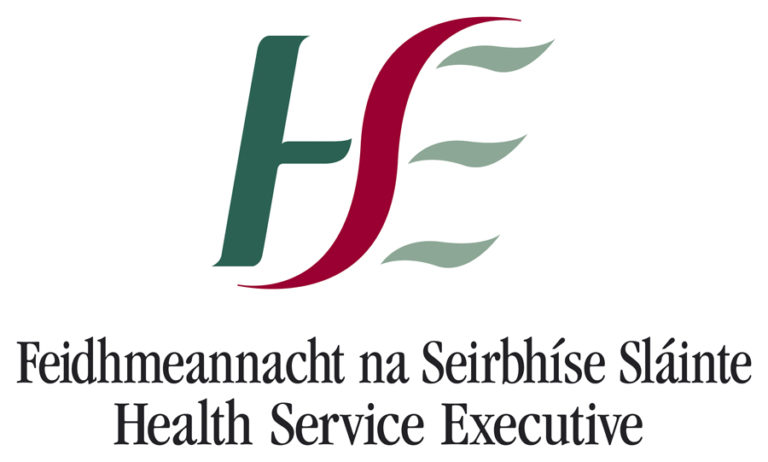No amount of alcohol at any stage of pregnancy is safe for your baby, HSE experts advise
International experts gather for HSE Foetal Alcohol Spectrum Disorder webinar
The HSE Health and Wellbeing, Alcohol programme is hosting a webinar for health professionals about international Foetal Alcohol Spectrum Disorders (FASD) Awareness Day, (today 9th September). The webinar’s purpose is to share and raise awareness about the latest evidence and practice in relation to preventing and responding to FASD.
FASD and Foetal Alcohol Syndrome (FAS) occur when alcohol passes from mother to baby during pregnancy, causing damage to the developing brain and neurodevelopment.
Dr Mary T. O’Mahony, Specialist in Public Health Medicine with the HSE, says: “FASD is a spectrum of disorders that are caused when a foetus is exposed to alcohol in pregnancy. FAS is a condition that is on the more severe end of the Foetal Alcohol Spectrum Disorders’ scale. The problems caused by FASD and FAS are permanent and irreversible. They are lifelong disorders. We do know that heavy or frequent drinking is more dangerous, and the more you drink, the greater the risk to your baby.
“The advice is consistent, clear, and unambiguous – no amount of alcohol at any stage of pregnancy is safe for your baby.”
The best available evidence estimates that about 600 Irish babies are born each year with Foetal Alcohol Syndrome, with 9-10 times this number* born annually who suffer from a less severe form of FASD. FASD is associated with physical, mental, educational, social, and behavioural difficulties. Ireland is estimated to have the 3rd highest rate of FASD, including Foetal Alcohol Syndrome, in a 2017 global study of 187 countries.**
Some people who drink regularly may find it hard to give up alcohol for nine months, especially if everyone around them is drinking. Some might feel under pressure to drink, especially if they have not yet told people that they are pregnant.
Tips for an alcohol-free pregnancy include:
- Plan ahead and try to avoid triggers (people and places) that remind you of drinking;
- If it feels right for you, share your reasons for not drinking with those close to you and ask them to support your decision;
- Plan your social life to include alcohol-free activities.
Marion Rackard from the HSE Alcohol Programme says: “If you’re thinking about becoming pregnant or you are already pregnant, avoid alcohol and seek support from family and friends to do that. If you find it hard to stop, please let a trusted friend or family member know who will support you to discuss in confidence with your GP, midwife or obstetrician. You can call the HSE Drugs and Alcohol Helpline on 1800 459 459. These professionals will be happy to help and support you to have an alcohol free pregnancy.”
An Expert Advisory Group (EAG) on Foetal Alcohol Spectrum Disorders Prevention held its first meeting on 1st September 2020, chaired by Dr O’Mahony. The first priority of the FASD EAG will be to work towards a consistent message for women on pregnancy and alcohol that: “No amount of alcohol at any stage of pregnancy is safe for your baby.”
For more information including tips on planning an alcohol-free pregnancy visit askaboutalcohol.ie/pregnancy


